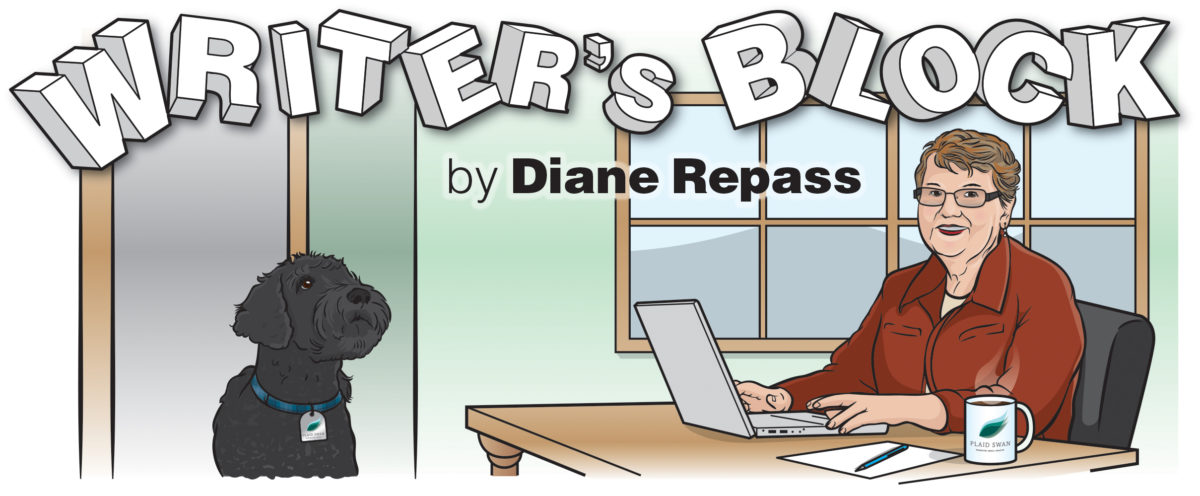Edgy Emails
How many personal letters do you get in snail-mail (also known as USPS)? Few letters arrive in the mail anymore except for a few solicitations. Using email is just too fast, easy, and postage-free. Many in the workplace get hundreds of emails a day, so even though texts may be supplanting them for short, personal messages, email is still alive and well. We’ve been using email for a long time, and over time the care and detail of emails compared to the care once given to formal postal letters has slid into an abyss. Writing emails requires the same consideration and precision that a writer would give any business correspondence. For more effective emails, these five suggestions for improving your communication can help.

Know your audience
First and foremost, knowing your audience will determine the level of formality. You will write differently to the coworker who sits near you than you will to the CEO and co-founder of the company. If you and your colleague have been working on a project together, you will not need as much background and explanation as you might for someone who is not as intimately familiar with a topic as you are.
Don’t put the recipients in the address line until last
You can’t send your message until the address is inserted, so adding it as a last step should serve to remind you to reread –
- For typing and grammar errors.
- For tone. Is the level of formality suitable for the recipient?
- For fact checking. Do you need to verify any information?
- For inclusiveness. Did you attach the necessary or referenced attachments; did you include all the details needed; did you use any language that needs to be explained?
Create a compelling and informative subject line

The most effective subject line gives the receiver a clear idea of the content of your message, or it highlights the most important takeaway. For example, if you are scheduling a meeting, you might use “Meeting: Friday, April 7” as your subject line. Unless you know the receiver well, avoid cute or humorous lines such as “I’m focused now, really focused” for an opener after you have failed to include a referenced attachment on a previous message. Your goal is to be informative and precise.
Develop content with care
- Get to the point quickly.
- Don’t be verbose, a pitfall of a more formal message.
- Highlight main points with bullets and numbered lists
- Keep the messages short; if the message is too long, you might want to schedule a meeting to discuss the more complex topic.
- Don’t use texting shorthand (e.g. “u” for “you” or gr8” for “great”).
- Be careful of acronyms and abbreviations even though the goal is to be brief. They suggest a higher level of familiarity with the readers and what they already know or don’t know.
- Lastly, remember that emails are never entirely private. You can just look to the news to get examples of persons getting into trouble with the content of their emails and postings. Write as though your messages are going to be widely publicized.
Use a conventional letter format for your more formal composition
- Begin with a polite salutation or greeting. “Hi, Betsy” works for a more informal email, while “Dear Mr. Webster” works for a more formal beginning.
- Start the message with a brief statement of purpose.
- Be thorough in the body of the message. Include all, but only, the most pertinent details.
- End with a summary statement.
- Add a complimentary closing such as “Regards” or “Respectfully” for a formal email, or for something less formal, use something like “Thanks” or “See you soon.”
- Finish with the signature line that not only includes your name, but also may include your company name and contact information for more formal contacts. It is nice to use your company logo if that is available.
Business emails are most useful when the writer takes the time to craft a well-thought-out communique that considers the audience, content, and format like any other writing. Mark Zuckerberg, Facebook CEO, has said that telepathy may be the future of communication. Interesting idea – but for now email is one of the many ways we connect, so to be most productive with its use means that it’s worth the time to develop the know-how.

-Diane Repass

